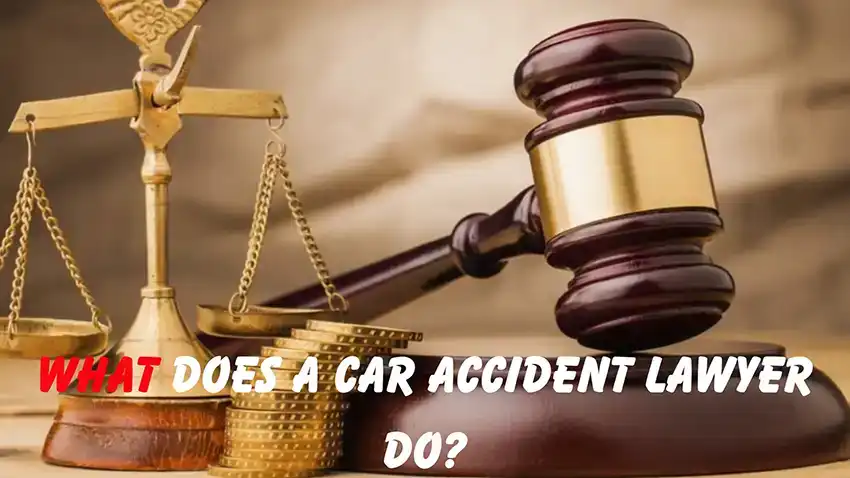Can You Take Legal Action Against A Trucking Firm Directly After An Accident? Frequently Asked Questions Victims of truck crashes might be entitled to recover various sorts of compensation from the trucking company, relying on the specifics of the instance. Compensation in these cases commonly covers clinical expenses, lost salaries, discomfort and suffering, and property damage. In serious instances where the crash leads to long-term or irreversible injuries, victims might also be entitled to compensation for continuous healthcare, rehab expenses, and loss of earning capability.
What Should You Do After A Truck Crash?
For instance, trucking firms are required by legislation to regularly evaluate and preserve their lorries to guarantee they are secure for operation. Similarly, if a firm employs a motorist without appropriately inspecting their history or qualifications and that vehicle driver creates a mishap, the business could be held responsible for negligent employing methods. Along with vicarious responsibility, a trucking company can be filed a claim against straight for its own neglect. Direct carelessness takes place when the business stops working to fulfill its responsibilities under government and state legislations to run its service securely. Yes, it is possible to file a claim against a trucking business directly after a crash, yet there are specific lawful grounds required to do so. In most cases, the truck chauffeur might be the instant source of the mishap, but the trucking business might share obligation. We will relentlessly represent our customers to make sure that their voice is listened to and that they are completely and totally compensated for their harms and losses. What makes us different is that you, as a customer, will have your lawyer's individual telephone number to make sure that you can constantly communicate with your attorney regarding your instance. Ocala Car Accident Attorney
Pam Olsen Law
Top Rated Ocala Car Accident Attorney
Can You Sue A Trucking Company Directly After A Mishap? Frequently Asked Questions
- It is also vital to prevent making any statements to the trucking firm or its insurance agents without speaking with an attorney.A lawyer can deal with all communications on your behalf to ensure your legal rights are safeguarded.Trucking firms commonly have groups of lawyers and insurance policy adjusters working to safeguard their rate of interests, so having an attorney in your corner can make a considerable difference.In extreme cases where the mishap causes long-lasting or irreversible injuries, victims may additionally be entitled to settlement for recurring healthcare, rehab expenses, and loss of earning ability.When a firm forgets this duty, and an untrained or improperly managed driver causes a crash, the business can be found liable for negligent supervision.

